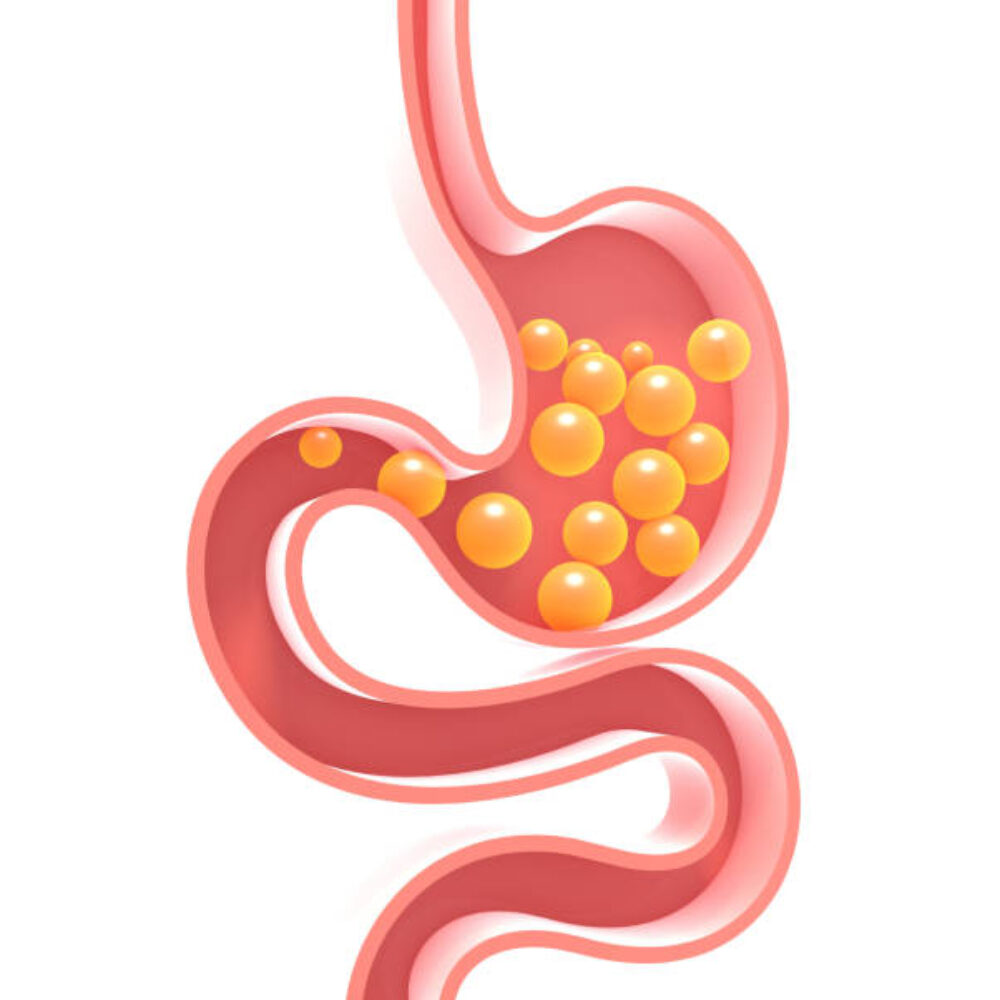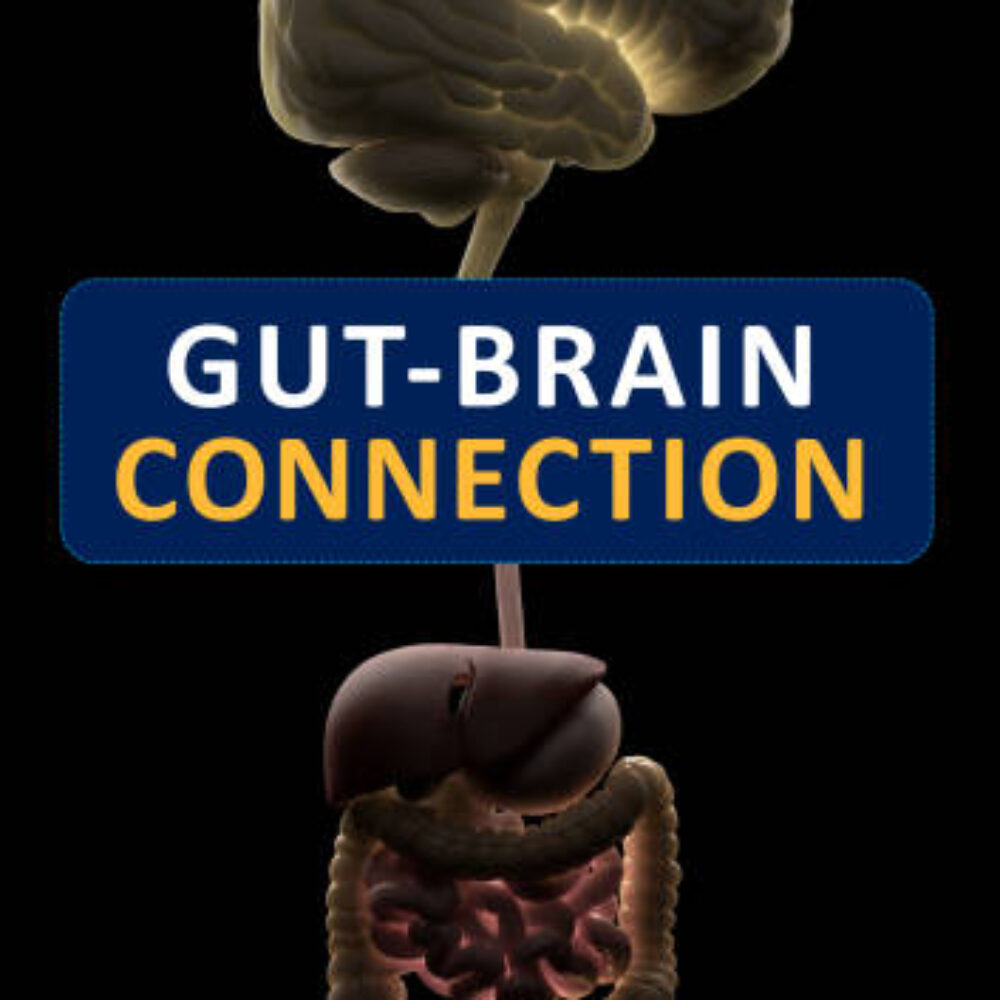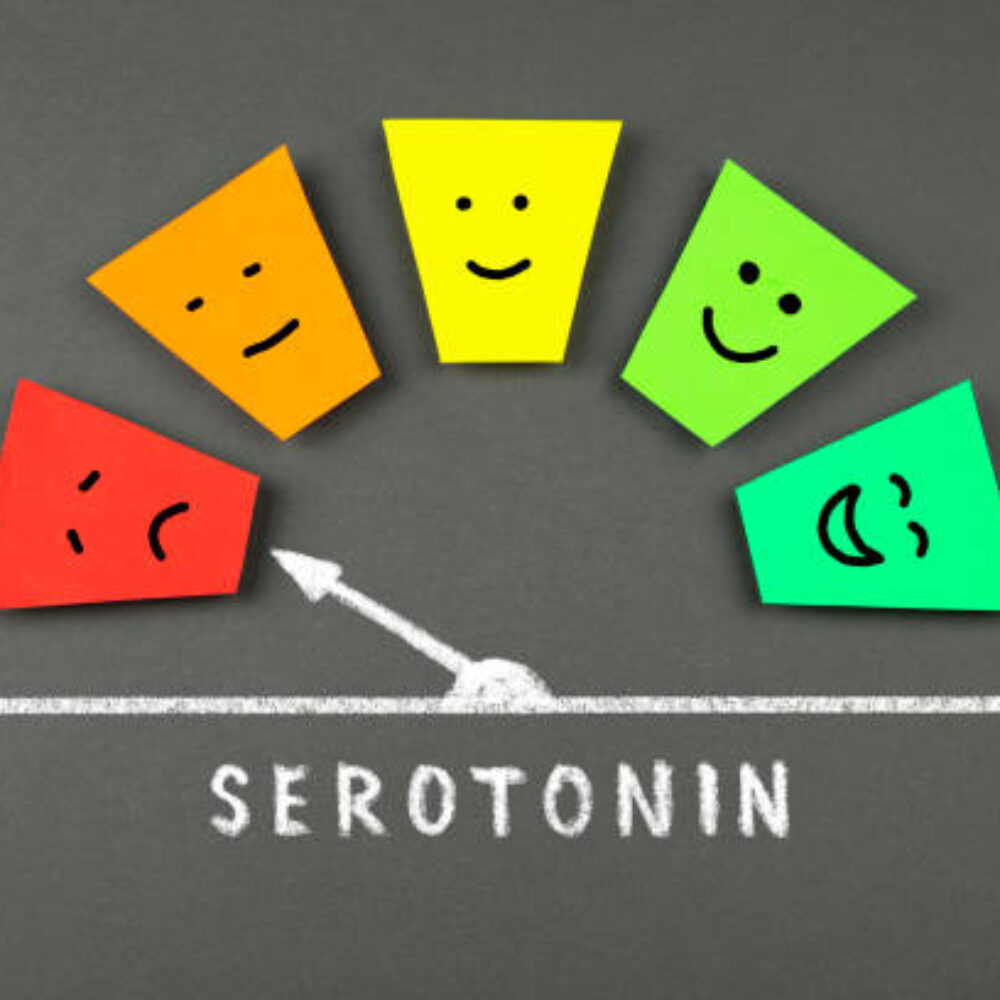Gastric juice is the whole liquid produced by the stomach, which includes gastric acid (HCl), pepsin (an enzyme for digesting proteins), and mucus (which protects the stomach lining from the acid).
Gastric acid refers mainly to hydrochloric acid (HCl), which is a strong acid in the stomach. It helps break down food and kill harmful bacteria.
In simple terms, gastric acid is just one part of gastric juice, which is a mix of several substances working together to help digestion.
Here, we share everything about gastric juice and gastric acid, and how you can manage gastric acid by maintaining a healthy lifestyle.
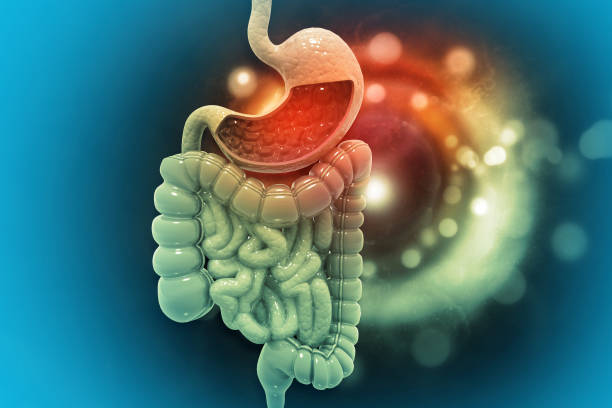
1. Gastric Juice
Gastric juice is a thin, clear, practically colourless acidic fluid secreted by the gastric glands, which extend deep into the mucosa of the abdominal wall.
It mainly contains digestive enzymes responsible for the chemical digestion of proteins. Gastric juice, secreted during food digestion, creates a semi-liquid mixture called chyme. The primary components of gastric juice include hydrochloric acid, pepsin, gastric contents, mucus, and water.
The gastric gland is located in the wall of the stomach, and the juice secreted from this gland is known as gastric juice or digestive juice.
Function of Gastric Juice:
HCl, present in gastric juice, creates an acidic environment in the stomach, destroys bacteria, and activates inactive enzymes.
The pepsin enzyme in gastric juice combines with HCl to convert proteins into peptones.
The renin enzyme in gastric juice converts milk protein (caseinogen) into casein.
Gastric juice helps protect the stomach wall.
Factors That Affect Gastric Juice Secretion
Types of Food: Eating high-protein foods can boost the production of gastric juices.
Stress: Long-term stress might mess with digestion by increasing or decreasing stomach acid.
Medications: Certain medications, like antacids or proton pump inhibitors, lower stomach acid levels.
Health Problems: Conditions like gastritis, ulcers, or low stomach acid (hypochlorhydria) can impact how much gastric juice your stomach makes.
2. Gastric acids
Gastric acids, also known as stomach acids, are primarily composed of hydrochloric acid (HCl) and are a key component of gastric juice. Gastric juice helps in the digestion of food. Gastric acid is made up of hydrochloric acid.
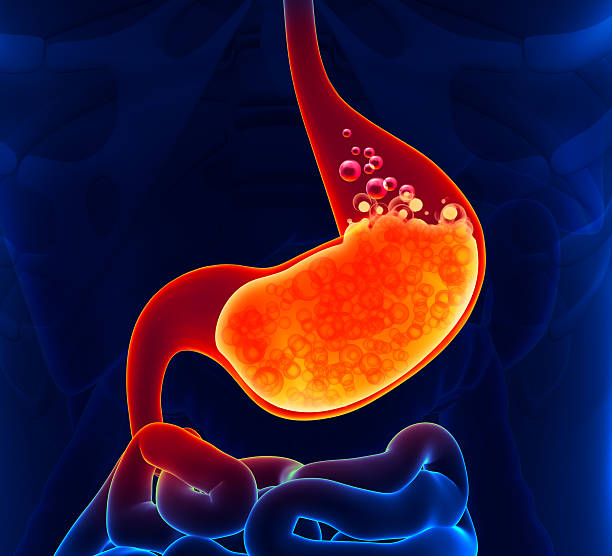
Too much gastric acid can cause:
GERD (gastrointestinal reflux disease): When your stomach has too much acid, it can cause heartburn. After eating for some time, you may experience heartburn. Chest pain and difficulty swallowing are also symptoms of GERD.
Peptic Ulcer: Excess acid can erode the stomach lining, leading to ulcer formation.
Gastric Problems: Excessive gastric acid can increase gastric problems, causing symptoms like vomiting, nausea, indigestion, and abnormal pain.
Too little gastric acid can cause:
Infections: Low gastric acid levels can cause gastrointestinal infections and food poisoning. Insufficient acid reduces the stomach’s ability to kill harmful bacteria.
Malabsorption: Low acid levels can cause poor absorption of essential nutrients such as vitamin B12, iron, calcium, and magnesium.
Hypochlorhydria: Very low stomach acid impairs digestion and nutrient absorption.
Some tips if you have too much gastric acid in your stomach:
- Lifestyle Changes: A healthy lifestyle can help cure this problem.
- High-Fiber Diet: Eating high-fiber foods can be beneficial.
- Moderate Eating After Evening: Avoid eating too much food after the evening.
- Breakfast: Do not skip your breakfast.
- Post-meal habits: Avoid lying down immediately after eating; walk for some time instead.
- Dietary Tips: Avoid spicy foods, fried foods, and alcohol.
- Consultation: If you experience persistent issues, consult a gastroenterologist.
Some tips if you have too little gastric acid in your stomach:
- Dietary Adjustments: Consume fermented foods like foxtail millets, kimchi, apple cider vinegar, and probiotic-rich foods.
- Supplements: Consider taking supplements, but seek advice from a specialist.
- Consultation: If symptoms persist, consult a gastroenterologist.u
Some Related Researches
1. Scientific Articles and Studies
- Gastric Acid and Digestive Physiology
This post focuses on the physiology of gastric acid production and the stomach’s defense mechanisms against acid injury.
PubMed - Control of Gastric Acid Secretion in Health and Disease
This review points out the importance and regulation of gastric acid secretion in both health and disease contexts.
Gastrojournal
2. Dietary Recommendations for Managing Gastric Acid Levels
- The GERD Diet: Acid-Reducing Foods
This resource from Mass General Brigham discusses foods that can help reduce acid reflux symptoms.
Mass General Brigham - GERD Diet: Foods That aid with Acid Reflux
Healthline provides a list of foods to eat and avoid for those experiencing acid reflux.
Healthline - Diet Changes for GERD
The International Foundation for Gastrointestinal Disorders offers dietary guidelines to manage GERD symptoms.
About GERD
3. Practical Guides and Recipes
- GERD Diet
Wake Gastroenterology provides dietary recommendations for individuals dealing with GERD.
Wake Gastro - Diet Recommendations for Ulcers
Health.com shares dietary advice for controlling peptic ulcers, which can be related to gastric acid levels.
NIH
4. Infographics and Visual Aids
- Gastroesophageal Reflux Disease
The Wikipedia page on GERD includes diagrams and detailed explanations of the condition.
Wikipedia

